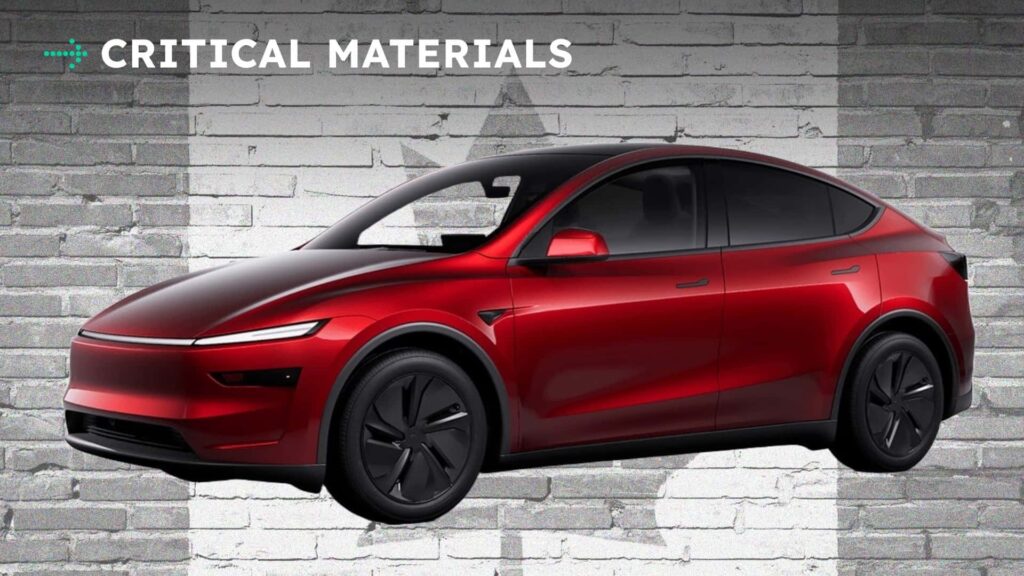The push for electric vehicles (EVs) in Canada is facing opposition from American automakers, backed by the Trump administration, as negotiations for a new trade deal between the two countries continue. Canada’s goal is to have EVs account for 20% of new car sales by next year, with automakers either meeting this target or purchasing regulatory credits. However, pressure is mounting to roll back these ambitions, threatening to derail Canada’s progress towards a more sustainable transportation sector.
In another development, Panasonic’s new battery plant in Kansas is experiencing delays in reaching full production capacity. The main customer for these batteries, Tesla, is facing declining EV sales, prompting Panasonic to revise its targets for battery production in the U.S. This setback comes at a time when the demand for electric vehicles is growing, highlighting the challenges faced by suppliers in meeting the market’s needs.
Furthermore, China’s restrictions on the export of rare earth materials are impacting the production plans of the new Nissan Leaf. The supply chain for these materials, essential for EVs, is heavily controlled by China, leading to slower production of the Nissan Leaf and potential setbacks for Nissan’s electrification plans. This highlights the importance of securing a stable supply chain for critical materials in the EV industry.
The interference of the U.S. in Canada’s EV plans raises questions about international cooperation on climate change. By pressuring Canada to backtrack on its EV goals, the U.S. risks undermining global efforts to combat climate change and transition towards sustainable transportation. The need for countries to work together to accelerate the adoption of EVs is crucial in mitigating the impacts of climate change and reducing greenhouse gas emissions.
As the debate continues over the future of EVs in Canada and beyond, it is essential for policymakers to prioritize sustainable transportation solutions and support the growth of the electric vehicle market. Collaboration between countries, manufacturers, and suppliers is key to overcoming challenges and driving the transition towards a cleaner and greener automotive industry.

